
 By Chatura Randeniya and Nazim Hashim of Afridi & Angell
By Chatura Randeniya and Nazim Hashim of Afridi & Angell
E: crandeniya@afridi-angell.com
E: nhashim@afridi-angell.com
While the changes are welcome, they put pressure on litigants to plead their cases within relatively short time periods.
Significant changes to the UAE’s Federal Law No 11 of 1992 (the Civil Procedure Code) came into effect on February 16, 2019. These changes were introduced through regulations issued under the Civil Procedure Code (the Regulations).
The Regulations (in all, 193 articles) address a wide array of litigation procedures. Some of the Regulations codify practices already observed by the UAE Courts. In this article, we set out a high-level overview of some of the Regulations that impact both litigants and practitioners alike. Unless otherwise stated, the Article numbers refer to the Regulations.
Service of process
According to the Regulations, a court may permit a party or its attorney to serve process. Process can be served between 7am and 9pm, unless served electronically, in which case the time limits do not apply. Process may be served by voice or video calls, text messages, fax or any other alternative means determined by the Minister of Justice. Importantly, Article 5 provides that if the official language of the defendant is not Arabic, the plaintiff is required to provide an official translation of the court notice in English.
Service on parties domiciled abroad may be effected through “technological means, or private companies and offices, or as otherwise agreed between the parties”, and if service cannot be so effected, process will be served through diplomatic channels.
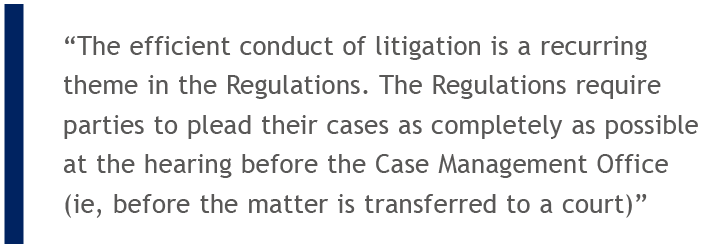 Registration of cases
Registration of cases
A Statement of Claim/Plaint should include the details of the defendant(s) including information regarding the defendant’s identification number, which is applicable with respect to individual defendants. The practice of the Dubai Courts with respect to corporate defendants is to require a copy of the defendant’s trade licence at the time of registering the case. It is therefore of practical significance that parties have copies of their counterparties’ ID and/or licensing documents with them, and obtaining such documentation should form part of best practice when entering into transactions.
Certain Regulations are evidently intended to speed up litigation procedures. Article 18, for example, provides that the period allowed for the defendant to appear in the Case Management Office or the court following registration of the case is 10 days, which may be reduced to three days. Where summary claims are concerned (such as applications for provisional attachment) this period is 24 hours, which may be reduced to one hour on the condition that notice is served on the defendant personally. While Article 18 goes on to carve out an exception for maritime claims, the scope of the exception is currently unclear.
Proceedings in the UAE Courts are commenced by filing the plaint and supporting evidence (electronically or in person) with the relevant court. Thereafter, the Case Management Office of the court will fix the court fee payable, and complete the registration of the case upon receiving payment and completing any documentary requirements which may be identified by the Case Management Office. Given that there can be a considerable passage of time between filing the plaint and completing the registration in some instances, this led to uncertainty regarding the date on which action was commenced, which is an important consideration in determining whether time bars and other time related deadlines under law have been complied with. Article 19 clarifies that the date of registration is deemed to be the date on which the case was submitted to the court system, and not the date on which the registration of the case is completed.
Assessment of Case Value
Assessment of case value is an important practical consideration, as it has a bearing on jurisdiction, appeal thresholds, and of course the court fees payable by a plaintiff. Article 23 provides that minor circuits (as set out in Article 30(1) of the Civil Procedure Code) will have jurisdiction over civil, commercial and labour claims not exceeding Dh1 million (US$272,000) in value (the threshold previously being Dh500,000), and counterclaims asserted in such cases irrespective of the value of the counterclaim. Decisions made by the minor circuit court in labour cases valued at no more than Dh20,000 and in all other cases valued at no more than Dh50,000 may not be subject to appeal. The current threshold is Dh20,000 for all types of cases. The threshold (in terms of value) for appealing a judgment of the Court of Appeal to the Court of Cassation is Dh500,000. The current threshold is Dh200,000. Article 25 contains provisions for assessing case values in various types of disputes. For example, an action for the dissolution of a company and appointment of a liquidator is valued based on the company’s capital at the time of filing action.
 Conduct of Proceedings
Conduct of Proceedings
Certain claims may now be disposed of with only one hearing by a minor circuit court (Article 22). These claims include civil and commercial claims not exceeding Dh100,000 and claims for wages and salaries not exceeding Dh200,000. The Case Management Office is required to fix a case which is to be disposed of under Article 22 for its first hearing within 15 days of the date of registration of the case, and this may be extended only once with an additional 15 days by the judge supervising the matter. Article 22 does not apply to cases in which the State is a party.
Denying documents on the basis that they are copies (based on Article 9(2) of the Federal Law No 10 of 1992) is a position commonly adopted by parties, particularly defendants. Denying documents simply on the basis that they are copies will however no longer be acceptable, and the party seeking to deny documents will also be required to maintain that such documents are “invalid” or were not in fact authored by the party to whom they are attributed to (Article 20). A party that has denied documents and the court finds that the party’s denial was without justification may be subject to a fine of between Dh1,000 to Dh10,000. Importantly, the court may inform the authorities regulating the legal profession in the UAE of the fine, and thus impacts the advocates having conduct of litigation. Fines for frivolous denials of documents are not new, however its codification is a welcome development.
The efficient conduct of litigation is a recurring theme in the Regulations. The Regulations require parties to plead their cases as completely as possible at the hearing before the Case Management Office (ie, before the matter is transferred to a court). If the plaintiff or the defendant submits a document in a subsequent session which requires the court to adjourn the matter, and the court is of the view that the document could have been submitted at the first hearing, the court may penalise the party submitting the document with a fine between Dh2,000 to Dh5,000. A party may however produce documents in response to the defences and/or incidental demands of the other party without threat of sanction. A court may allow the parties to submit documents, submissions and new evidence, and to amend the relief sought and assert counterclaims that they were unable to submit to the Case Management Office. However, the court at its discretion may deny such submissions if the court is of the view that they could have been made to the Case Management Office.
Article 37 provides that a hearing may not be adjourned more than once for the same reason attributable to a party in the absence of a valid excuse. Where such a valid excuse exists, the second adjournment shall not exceed two weeks. Pursuant to Article 48, judgment must be issued within a month of pleadings being concluded.
Costs and fines for malicious prosecution/defence
While the law and the Regulations provide that the court may award costs, in practice the UAE Courts do not award legal costs, except in a token sum. Court fees and expert’s fees are however recoverable by a successful plaintiff. Article 56 provides that even a party that is successful on the merits of the case may be required to bear a portion of the expenses if that party has, among other things, caused any “futile expenses” or did not disclose documents that could have disposed of the matter to its opponents. A party that submits a malicious motion, plea or defence may be subject to a fine of between Dh1,000 and Dh10,000 (Article 58).
 Payment Orders
Payment Orders
Articles 62 through 68 set out provisions with respect to Payment Orders. Payment Orders are not new and the relevant provisions can be found in Articles 143 to 149 of the Civil Procedure Code. Payment Orders may be applied for by a creditor who has a claim for a fixed amount of money or a movable of a known type and quantity, and where the creditor’s right is confirmed. The Regulations enable the possibility of confirmation by reference to electronic sources, as well as the option of applying for a Payment Order where the subject of the claim is the execution of a commercial contract, or in case the creditor’s entitlement arises out of a commercial instrument. Pursuant to Article 63, the creditor is required to demand payment from the debtor and grant at least five days to make payment. If payment is not received, a Payment Order may be applied for. The application must include the details required of a Statement of Claim/Plaint, and have the proof of the debt and evidence of the demand for payment attached thereto. The order should be determined within three days of the application being filed. If the application is denied, the judge is required to provide reasons. Prior to the Regulations, there was no requirement for the judge to provide reasons. A Payment Order may be appealed within 15 days by the debtor, and the court is required to determine the appeal within a week from the date of registration.
An application for a Payment Order does not preclude the party from seeking provisional relief under the relevant provisions of the Civil Procedure Code.
Enforcement of foreign judgments and awards
Article 85 provides that an application to enforce a judgment or order of a foreign court shall be made to an execution judge, and that the judge is required to make his decision within three days. The execution judge is required to verify the following before issuing the decision:
- that the UAE Courts do not have exclusive jurisdiction over the matter;
- that the judgment or order has been issued by an authorised court under the law of the relevant foreign jurisdiction;
- that the parties to the foreign proceedings have been summoned and represented;
- that the foreign judgment/order sought to be enforced is res judicata under the laws of the relevant foreign jurisdiction; and
- that the foreign judgment/order sought to be enforced is not contrary to judgment or order of a UAE court, and is not contrary to the morals and public order of the UAE.
The provisions of Article 85 are also applicable to arbitral awards issued in a foreign jurisdiction. Article 86 adds that the subject matter of the foreign arbitral award must be arbitrable according to the laws of the UAE, and the award must be enforceable in the jurisdiction in which it was issued, in order to seek enforcement in the UAE. Articles 85 and 86 are without prejudice to the provisions of any treaties entered into by the UAE with respect to the enforcement of foreign judgments, orders or awards. The New York Convention is an example of such a treaty.
Conclusion
Overall, the Regulations are directed towards quick and efficient litigation, and will be welcomed by parties and practitioners. However, they put considerable time pressure on litigants, particularly on defendants, to ensure that their respective cases are pleaded fully within relatively short time periods.

E: crandeniya@afridi-angell.com
E: nhashim@afridi-angell.com


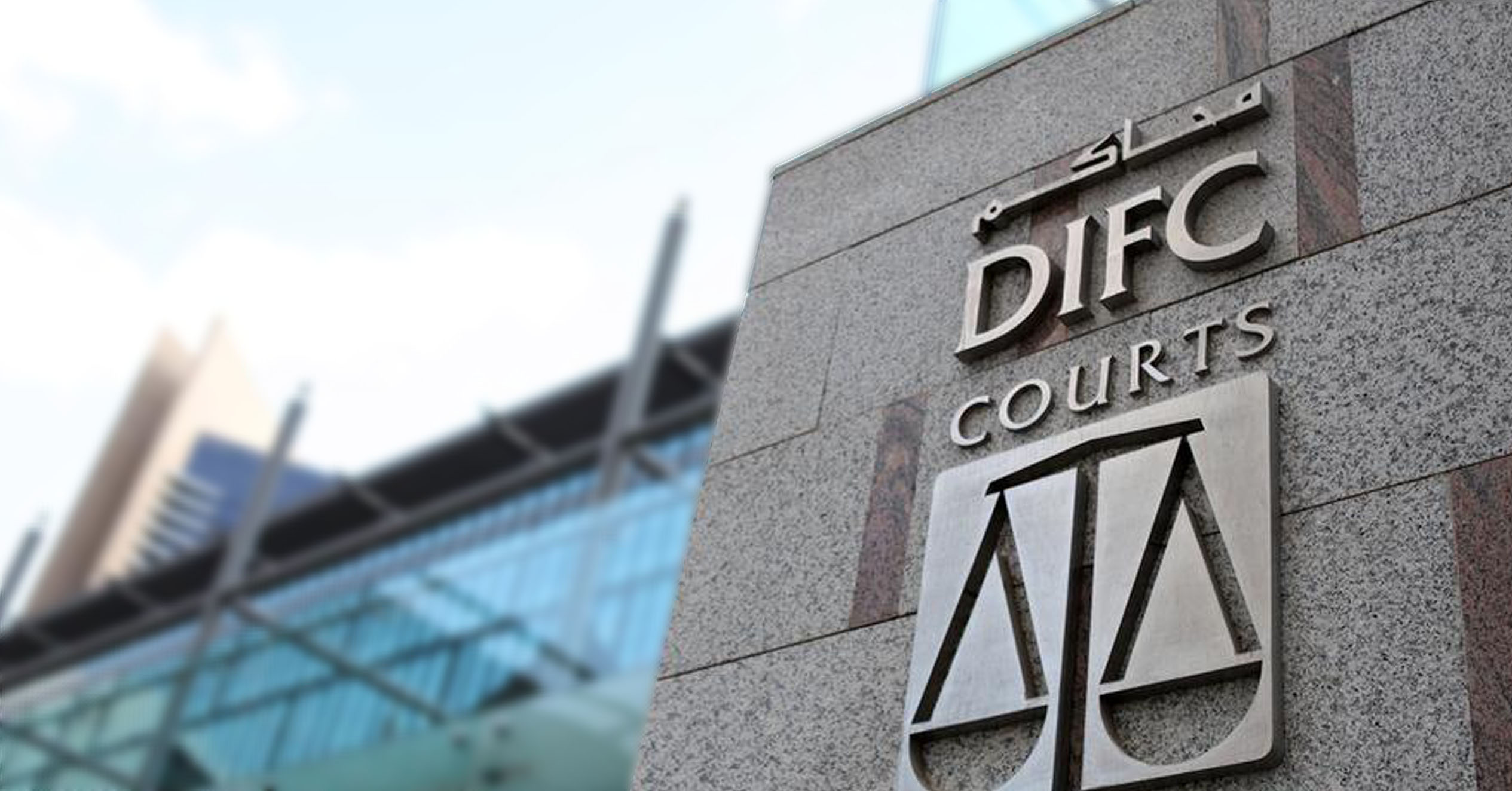






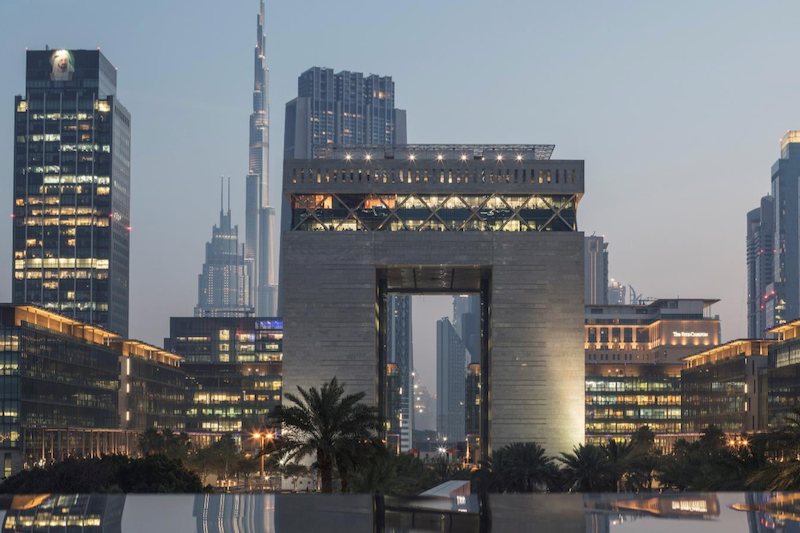












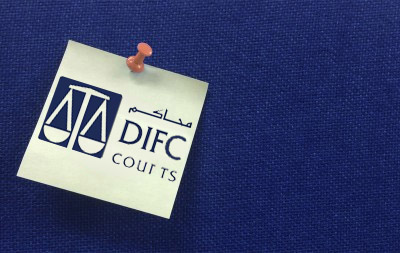
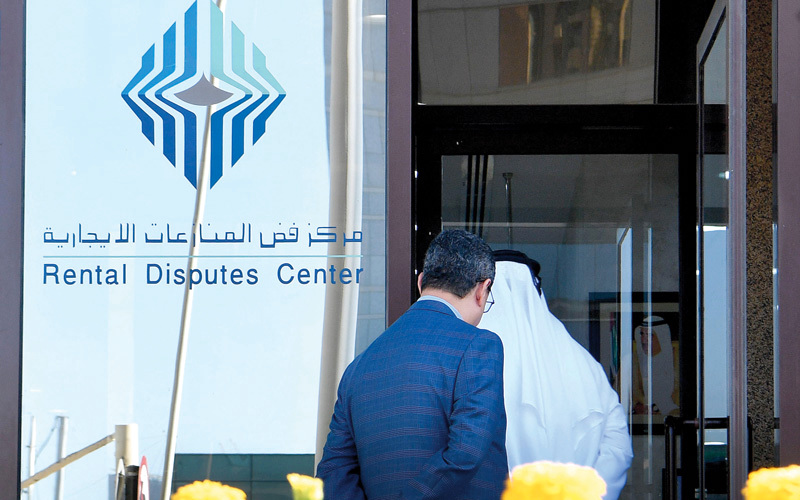
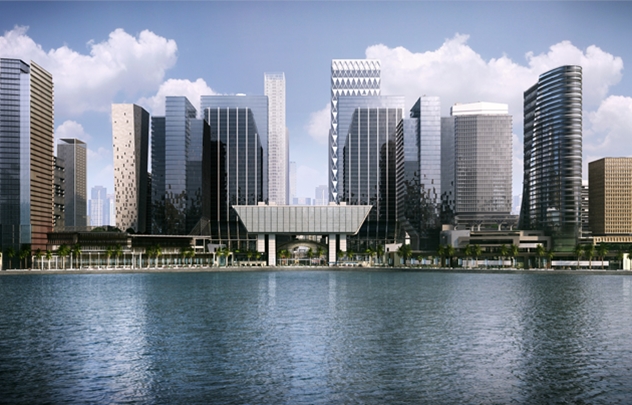











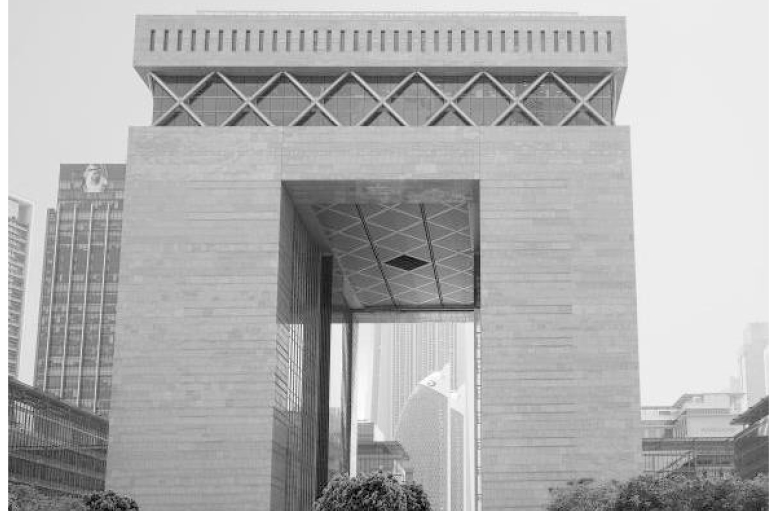







 Afridi & Angell
Afridi & Angell Masood Afridi
Masood Afridi Amjad Ali Khan
Amjad Ali Khan







